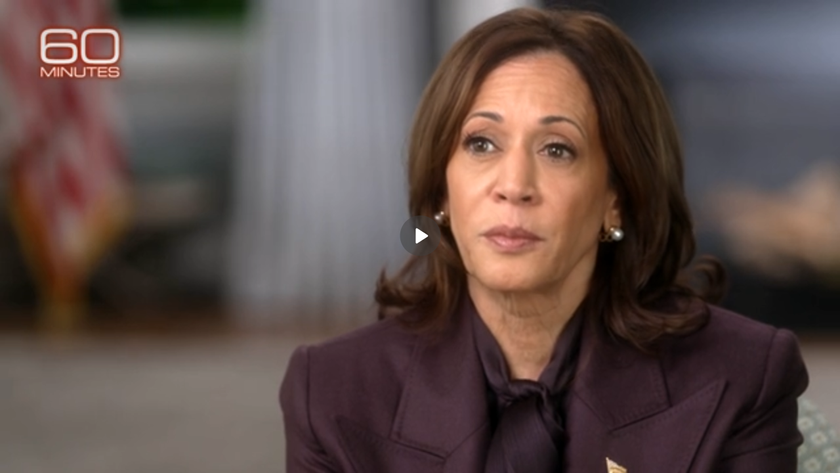BAS transition progresses despite challenges
Nearly 100 million people in the United States are covered by stations that have transitioned to new frequencies above 2025MHz used for Broadcast Auxiliary Service (BAS) operations, Sprint Nextel told the FCC in a letter sent Feb. 2.
While the company, which is leading the relocation project and paying for replacement 2GHz digital BAS radios, receivers, antennas, controllers and other related equipment and services, has encountered a variety of setbacks, it has executed more than 99 percent of all retuning agreements needed to complete the relocation, the letter said.
According to the company, the project has moved from a phase focused on negotiating frequency relocation agreements to one dominated by execution of contracts with vendors for replacement equipment. As of Jan. 30, 57 percent of all BAS licensees have received the hardware needed to make the transition, 45 percent have already installed their new equipment and 33 percent have transitioned BAS operations above 2GHz.
Among the major markets to have transitioned since Sprint Nextel sent its last update to the FCC in December are Atlanta and Cleveland, OH. In Atlanta, the BAS relocation required 31 electronic news gathering (ENG) trucks, 23 central receive sites, seven helicopters and multiple portable transmitters and receivers to be replaced. The Cleveland relocation was similar in scope, requiring replacement of BAS gear for 25 trucks, 29 central receive sites, six production studios, three fixed links, four helicopters, eight portable receivers and 18 portable transmitters.
While the project has progressed, several factors have slowed the relocation in multiple markets, including:
- Concern over a possible delay in the DTV transition. Many of the same resources, such as broadcast engineers, tower climbers, installers and manufactures are needed for the DTV transition. The strong likelihood that the DTV transition will be delayed has had a rippling effect on the BAS transition. According to the letter, “delaying the DTV transition will likely result in at least a commensurate delay in the BAS transition.”
- The economic downturn. Cost-savings measures at stations are constraining the ability of stations to oversee, test and complete the transition. Additionally, bankruptcies among broadcasters are slowing the transition.
- Helicopter limitations. There are a limited number of spare ENG helicopters from Helicopters Inc., which leases more than 80 newsgathering helicopters. BAS gear replacement in a helicopter is complicated, delicate work that can take as long as a month. With few spares, an unexpected delay creates consequences that ripple throughout the industry, the letter said.
Get the TV Tech Newsletter
The professional video industry's #1 source for news, trends and product and tech information. Sign up below.












